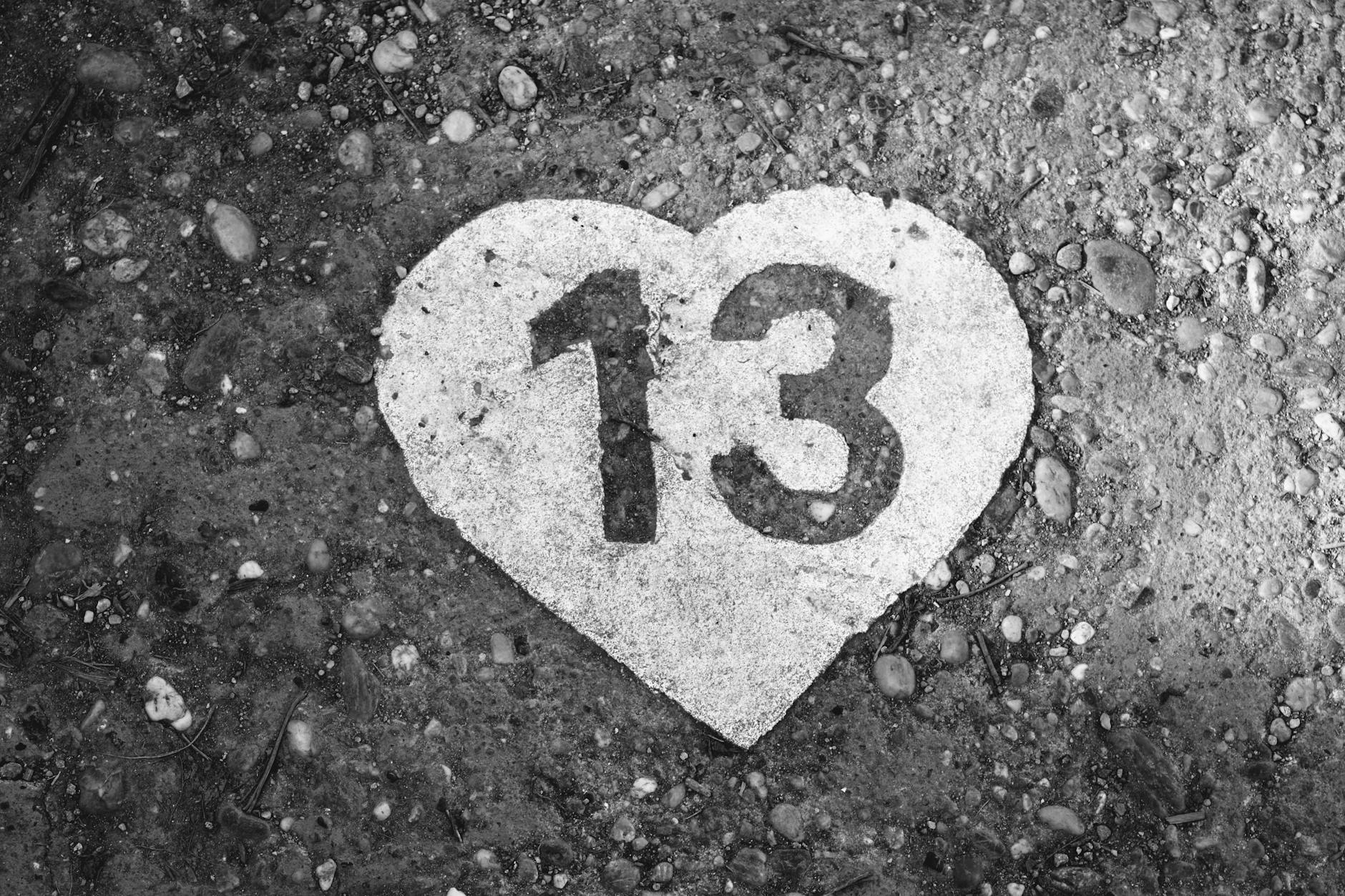How ancient wisdom, lunar cycles, and a new measure of civilization point to a better way to live
Today is Friday the 13th — a day many associate with bad luck. But it wasn’t always this way. In fact, the number 13 once stood for luck, fertility, and cosmic harmony. What if the fear surrounding it has more to do with forgotten history than actual misfortune?
And what if time itself — the way we count it, live it, and structure our lives around it — has been shaped not by nature, but by systems of control?
We live by a calendar that’s out of sync with the rhythms of the Earth and the moon. But that wasn’t always true. Long before the Gregorian calendar restructured time into 12 uneven months, ancient civilizations aligned time with the moon — and with the cycles of life.
What would it mean to reclaim that natural rhythm? What if we could not only reimagine the future — but also reimagine time itself?
⏳ The Forgotten Harmony of 13
The number 13 was sacred. It used to stand for luck, wholeness, and alignment with the cosmos. A lunar year contains 13 full moon cycles — each about 28 days — and many early civilizations organized time accordingly.
This natural calendar was used by the Maya, Native Americans, Druids, and others — not just for measuring time, but for living in tune with fertility, harvests, spiritual rituals, and the divine feminine.
13 was not feared — it was revered.
🏛️ How Time Was Colonized
With the rise of empires and organized religion, a shift occurred.
- The Roman Empire — and later the Christian Church — replaced the lunar 13-month calendar with the 12-month solar one.
- The new system made taxation, administration, and imperial rituals easier to manage.
- Meanwhile, the sacred number 13, closely tied to goddess traditions and lunar rhythms, was systematically demonized.
- Over time, Friday the 13th — once a holy day associated with the planet Venus — became a symbol of fear and superstition.
This wasn’t accidental. The restructuring of time itself became a tool of control — over nature, over people, and over belief systems. Time was no longer a natural rhythm. It was a machine.
🌍 A New Dawn: The Year of Civilization
In my novel Waking Up: A Journey Towards a New Dawn for Humanity, the world reaches a tipping point: the first year in human history when no person kills another. That moment marks the beginning of a new calendar: Year 1 YC — the Year of Civilization.
A new era begins — one based not on domination, but on peace, cooperation, and alignment with life.
In such a world, the artificial structures of the past — including the 12-month calendar — would naturally dissolve. Instead, a return to a 13-month lunar rhythm would reflect the new consciousness: one that values balance, natural order, and spiritual connection.
🌕 Why 13 Months Just Makes Sense
Imagine a world where time follows the moon — not the market.
- 13 months of 28 days = 364 days
- One “day out of time” remains — a sacred, unscheduled pause at the end of the year, celebrated as a moment of rest, reflection, and renewal
This calendar brings with it:
- Predictability: Each month identical in structure.
- Harmony: Aligned with natural cycles — lunar, menstrual, agricultural.
- Reverence: Honoring time as something sacred, not something to exploit.
In the Mayan tradition, the “day out of time” was a moment of forgiveness, art, and healing — a portal between what was and what can be.
💫 Reclaiming 13 — and Reclaiming Ourselves
My own mother always believed 13 was her lucky number. She even flipped old superstitions: if a black cat crossed her path or she passed under a ladder, she took it as a sign of good fortune. She didn’t need history books to tell her what was sacred — she simply felt it.
And maybe now it’s time we all remember what she somehow already knew:
13 was never the problem. Forgetting its meaning was.
The number 13 was removed from calendars, buildings, and beliefs — not because it was unlucky, but because it symbolized something powerful, something ancient, something natural. It represented a time before control. Before conquest. Before commerce dictated the rhythm of our lives.
Religion and the emerging monetary system found advantage in rewriting time — in severing our connection to the moon, to the feminine, and to a more intuitive way of being.
But in the new world imagined in Waking Up, we reclaim it all. We reclaim peace. We reclaim nature. And yes — we reclaim the original meaning of the number 13.
Not a curse.
Not a superstition.
But a sign of luck, wholeness, and the rhythm we were always meant to live by.
So maybe Friday the 13th isn’t so unlucky after all.
In fact, it might just be your lucky day — because you found this book. 😉
📘 Ready for more?
If this vision resonates with you, explore it more deeply in my novel:
Waking Up: A Journey Towards a New Dawn for Humanity — now available worldwide.
A story of peace, purpose, and a new kind of time.


Leave a Reply